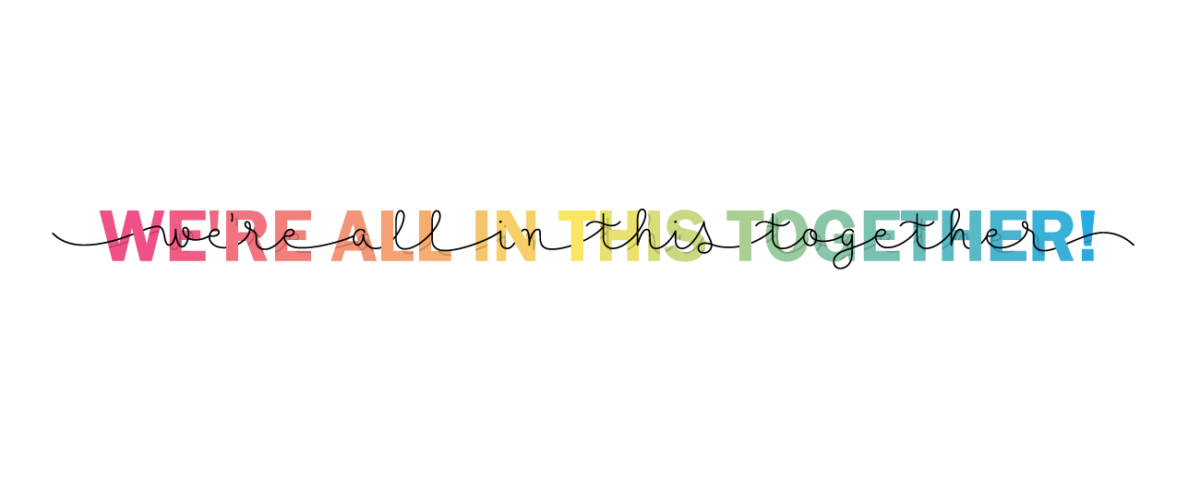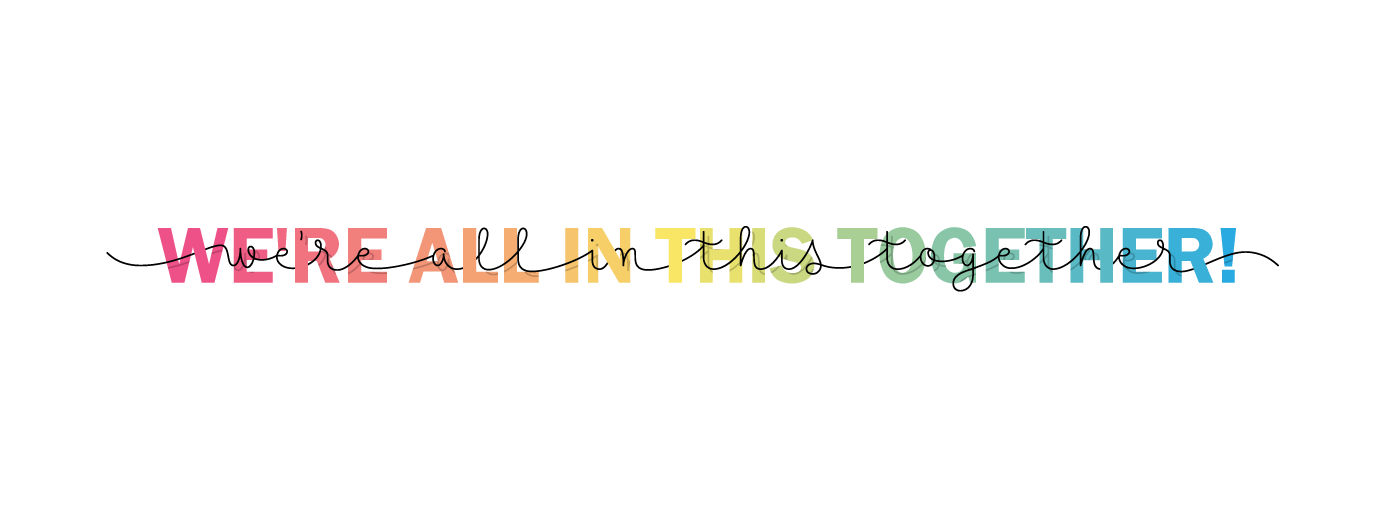Already a member? Log in to the Member Site at members.mastery.org.

What is Assessment in the New Normal?
March 22, 2021
MTC Members Strive and Thrive in a Year Like No Other
April 20, 2021School, Racism, and Hope


As a parent, educator, citizen, and like many of you, I have been rattled to the core repeatedly by the relentless racial violence that plagues our country, including recent attacks on Asian Americans. These incidents and a wider recognition that BIPOC citizens live with routine fear of violence have also inspired action. School leaders nationwide are wrestling with all this and there are three key themes emerging from MTC Member Schools — belonging, engagement, and equity.
Belonging

Engagement in a Learner-Focused Curriculum

For a teacher to cede some control and power by inviting learners to co-design lessons and make choices about their learning, significant planning and courage are needed, especially at first. The benefits and skills developed, however, are well-documented and worth the effort. Learner-focused lessons and curriculum, when planned and scaffolded well, increase the enduring understanding of any content, all while giving learners valuable opportunities to practice and apply essential skills like time-management, identifying and assessing sources, collaboration, and self-reflection. With these skills, learners can begin not only to identify and ask hard questions, but they will also be developing the agency and skills to respond constructively, as Evelyn from Winooski High School did last year and others have across the country, and throughout history in defense of equality and justice.
Grading for Equity

Journey to Mastery Learning and Design for Racial Justice

Inspired by the work underway in member schools, my colleagues Susie Bell and DJ Roth, have convened the MTC Schools Design for Racial Justice group.

I’ve long struggled with seeing and experiencing the symptoms of systemic racism throughout my life as a first-generation Asian-American. As I began to gather more knowledge of change management throughout my professional career, and as I learned more from experts about the process of de-radicalization, I truly began to lose hope that our society could turn the ship around. However, our unrelenting network of schools advancing a new culture of community and belonging, have restored my confidence that the necessary, incremental steps along this society’s journey towards dismantling systemic racism can be and are being taken. Current events continue to be tragic reminders that, although this journey will be long and the accomplishments will oftentimes seem frustratingly small, it is urgent and crucial to stay focused on our work to eradicate racism.
— DJ Roth, MTC Technical Product Manager
The issue of racial justice was constantly at the forefront of my work as public school leader/administrator. While the series of recent unjust acts are not new, as news of the incidents became so frequent, I was reminded of the myriad of experiences the students in my own care endured. The solutions to these challenges are not simple, and require a whole-school, vulnerability-filled, and collaboratively courageous approach. Our hope is to support our member school colleagues in bringing their own passion and conviction for equity and justice to the forefront as they meet these challenges head-on in their schools
— Susie Bell, MTC Senior Director of Member EngagementWithin the Design for Racial Justice group and across the MTC, we are learning from educators who are actively listening to and designing programs that meet the needs of those most marginalized and targeted in their communities. They wisely recognize that designing for the most vulnerable among us will ultimately benefit, lift and stretch everyone emotionally and intellectually. The Journey to Mastery is ultimately a path to greater equity and deeper learning for all.




